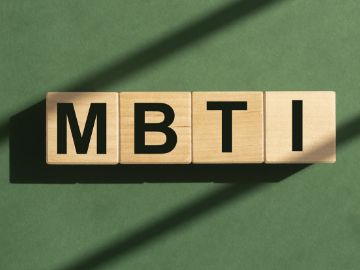How to Manage Time in a Job Search

"The key is in not spending time, but in investing it." Stephen R. Covey's quote about time is one that heavily relates to the job search. It's challenging to stay organized sometimes, especially when it comes to time. Manage your time poorly and you'll struggle to achieve much. Effective job search time management will give your days and weeks a structural foundation to build from. Here are some ideas for how you can manage time in a job search.
Develop a Schedule for Your Job Search
If you are unemployed during your job search, treat the hunt as a full-time job. If you are already employed, but searching for a job, then it's important to allocate enough hours to your job search. Either way, to have excellent job search time management, it's important to develop a schedule. Make a list of all the tasks that need to be completed, be it daily or weekly. These tasks include networking, applying to jobs, and tailoring cover letters for specific employers.
Once you have a list, break down how long you want to spend on each task. After this, you can build a job search routine. Set goals for each day and strive to achieve them. Don't overwork yourself and burnout, however. Work in 50-minute sessions and take regular mini breaks to avoid distractions during your work time. A healthy mind leads to a productive job search.
Set Priorities in Your Job Search
Optimize the time spent during your day by prioritizing tasks that are urgent. Have a job application deadline that needs to be sent off before the end of the week? Don't waste time on other job applications that can be submitted later. Make sure you spend time on useful tasks and complete them before they become urgent. Avoid stress by completing tasks early.
Only apply to jobs that are relevant. Evaluate jobs before you apply. Are you the right fit? Can you perform in the role that is being advertised? Do you ACTUALLY want to work in this position? Consider these questions before you end up wasting your own time. Being productive and busy is not the same. Spend time on areas of your job search that will bring actual results.
Job Search Time Management Needs Progress Tracking
An underrated component of time management is tracking progress. Keep a journal outlining your job search journey. Update it at the end of every day, writing down the positives, negatives, and what you have achieved. Put your progress onto paper and use it as inspiration to see what areas you need to spend more or less time on. Have all your notes in one place to organize your job search.
The job search isn't just about tracking your application process, you also need to keep track of yourself. If job hunting isn't filling up as much time as you expected, then be careful not to think that you're not doing enough. There is a lot of waiting in the job search. Utilize these moments by learning new skills to improve your skillset.
At the other end of the spectrum, you may feel like you're overworking. If this is the case, take a step back and allow yourself time to cool off. Reassess your schedule and goals to see if you really need to dedicate so much time to your job search. Remember that you are only in control of so much when it comes to landing a job.
Time Management is a Powerful Tool
Job search time management is a vital component of your job search. Develop a schedule, prioritize tasks and track your progress. Make time a powerful tool that you control.



